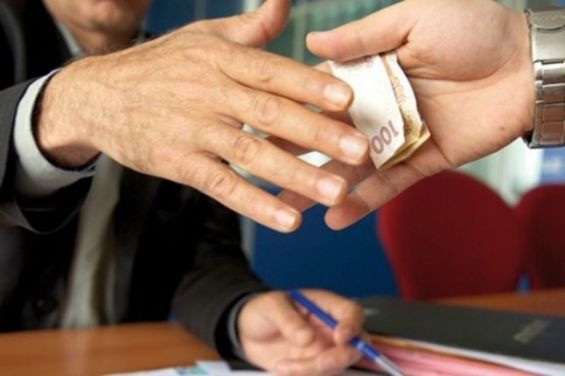The Afrobarometer and Transparency International published have recently published the tenth edition of the Global Corruption Barometer Africa for 2019. The survey gives Africans an opportunity to speak their minds on corruption in their countries.
In Morocco, 53% of the people interviewed by the authors of the survey said that corruption increased in the last 12 months. While 31% of public service users said that they paid a bribe in the previous 12 months, 74% of interviewees think their government is doing a bad job of tackling corruption. Meanwhile, 49% of them think that ordinary citizens can make a difference in the fight against corruption.
Data compiled by the survey show that bribery rate decreased, moving from 48% in 2015 to 31% in 2019. The same rate went from 13% in public schools to 6% during the same period. Bribery rate in Public clinics and health centers moved from 38% in 2015 to 32% in 2019. Based on the same responses, the survey reveals that the bribery rate among the police moved from 39% in 2015 to 31% in 2019.

Changes have also affected the number of people answering this question : «Has corruption level changed in the previous 12 months?» The percentage of people referring to an increase went from 26% in 2015 to 53% in 2019. Only 12% of respondents said that they think corruption decreased in the last 12 months in Morocco, while 26% say that the level is stagnating.
When it comes to corruption by institution, 39% of respondents think a prime minister is «corrupt». The same thing goes for members of parliament with 41% of respondents thinking that they are corrupt. 37% of interviewees think that most government officials are «corrupt».

According to the report, between 2015 and 2019, the percentage of those who believe that police and Judges and Magistrates are corrupt decreased. These two rates moved from 34% in 2015 to 24% and 26% in 2019 respectively.
«Fundamental and systemic changes» to fight against corruption in Africa
In Africa, the authors of the survey stress that «corruption is hindering Africa’s economic, political and social development». «It is a major barrier to economic growth, good governance and basic freedoms, such as freedom of speech or citizens’ right to hold governments to account», they added.
«More than this, corruption affects the wellbeing of individuals, families and communities. While it varies extensively across countries and public institutions, corruption harms hundreds of millions of citizens by undermining their chances of astable, prosperous future».
The tenth edition of the Global Corruption Barometer Africa also shows that corruption challenges African citizens. The phenomenon can only be fought against by implementing «fundamental and systemic change». Although most respondents felt that corruption had increased in their countries, the majority of them said that they, as citizens, could make a difference in the fight against corruption, the same source added.
It is worth mentioning that the survey was conducted by the Global for Survey and Consulting in Morocco between May 13 and 28, 2018. 1,200 people were interviewed by the firm for the survey.





 chargement...
chargement...













